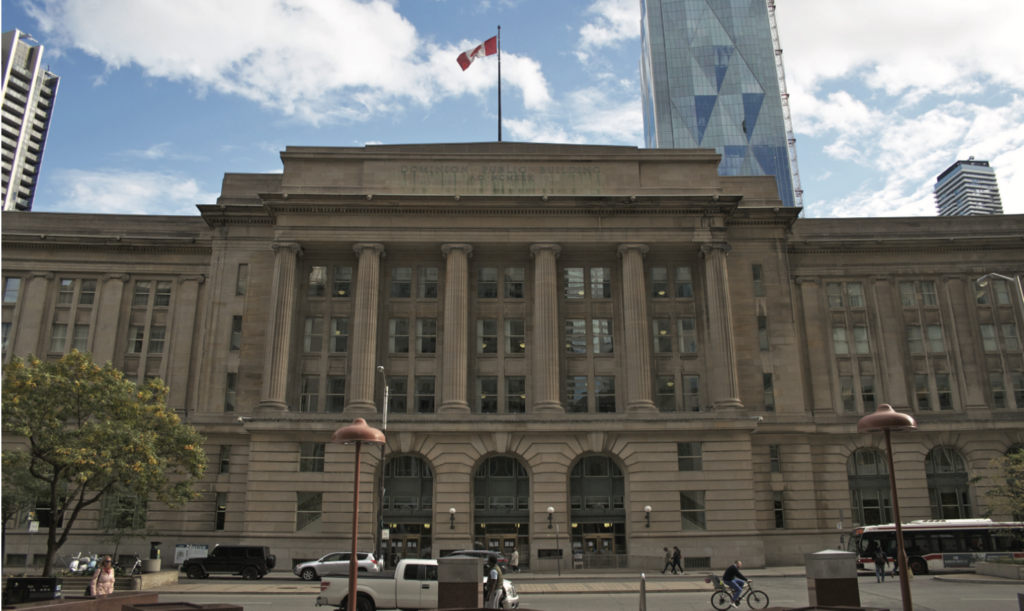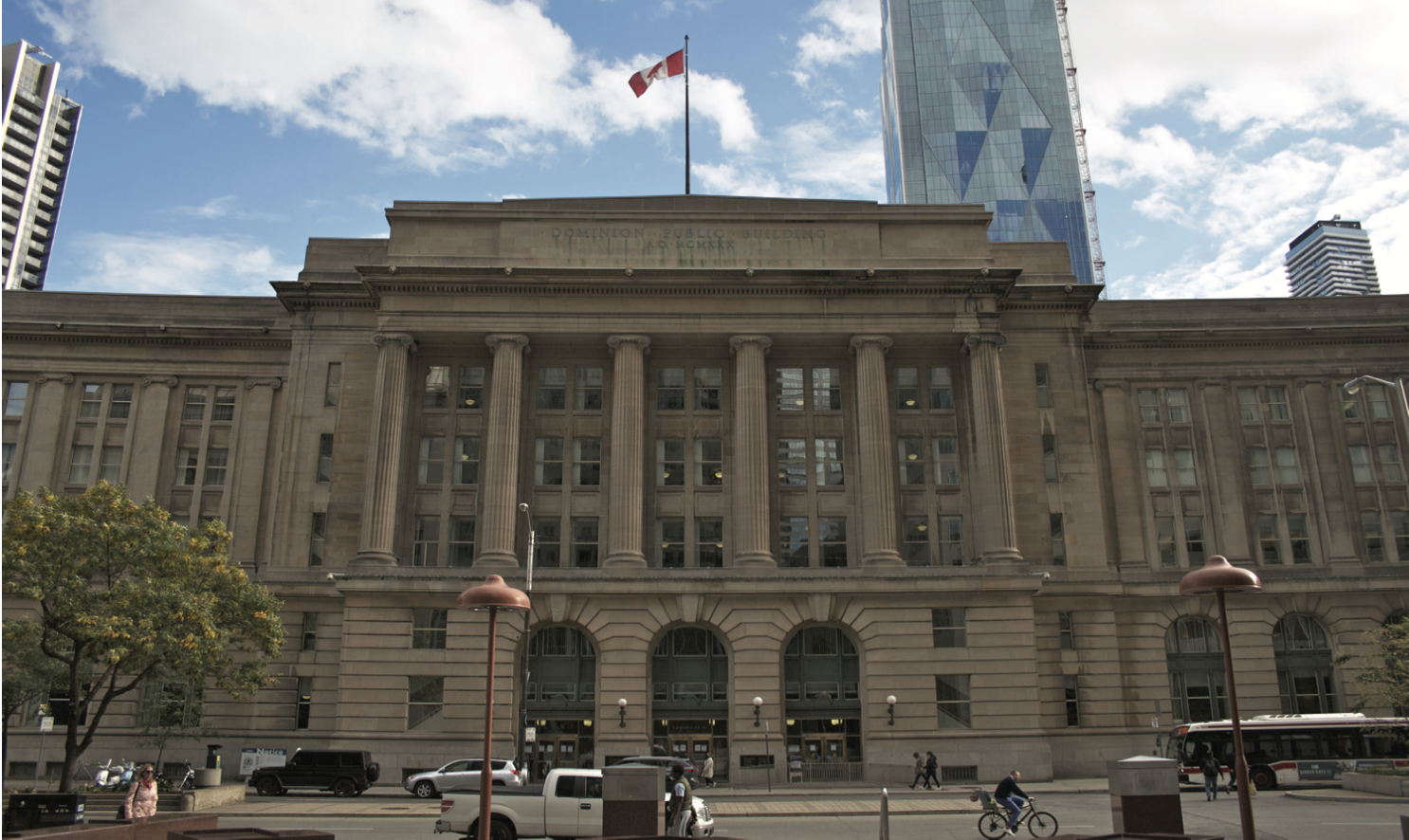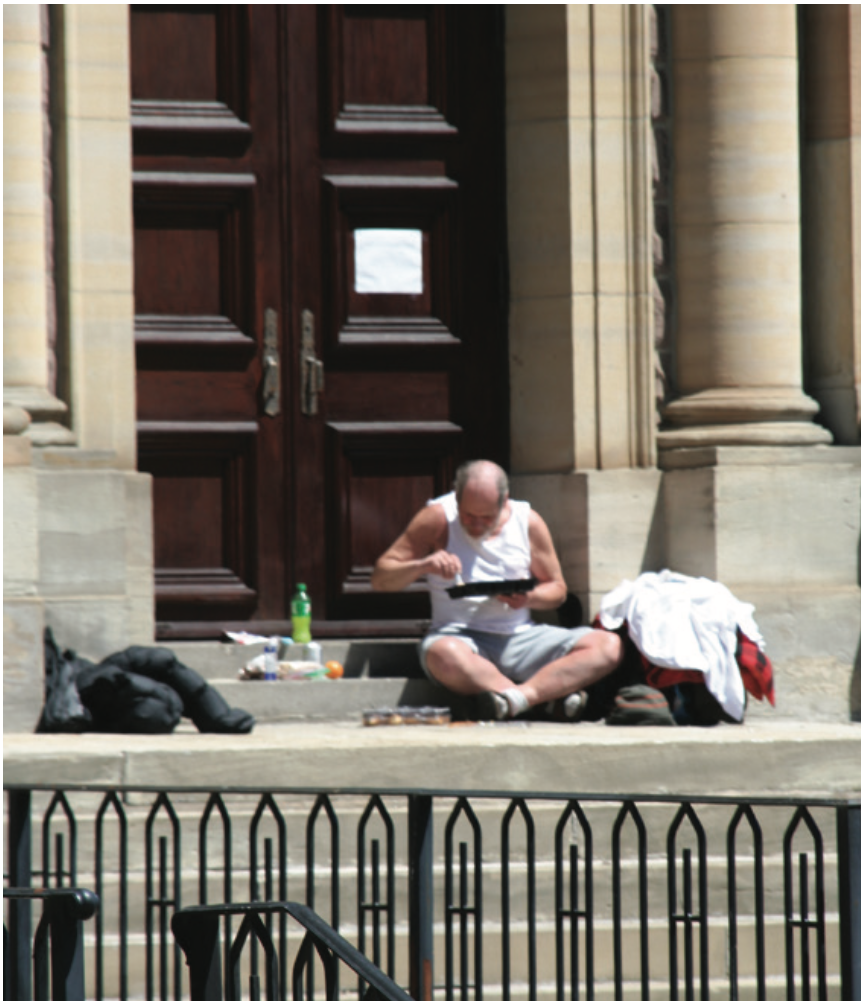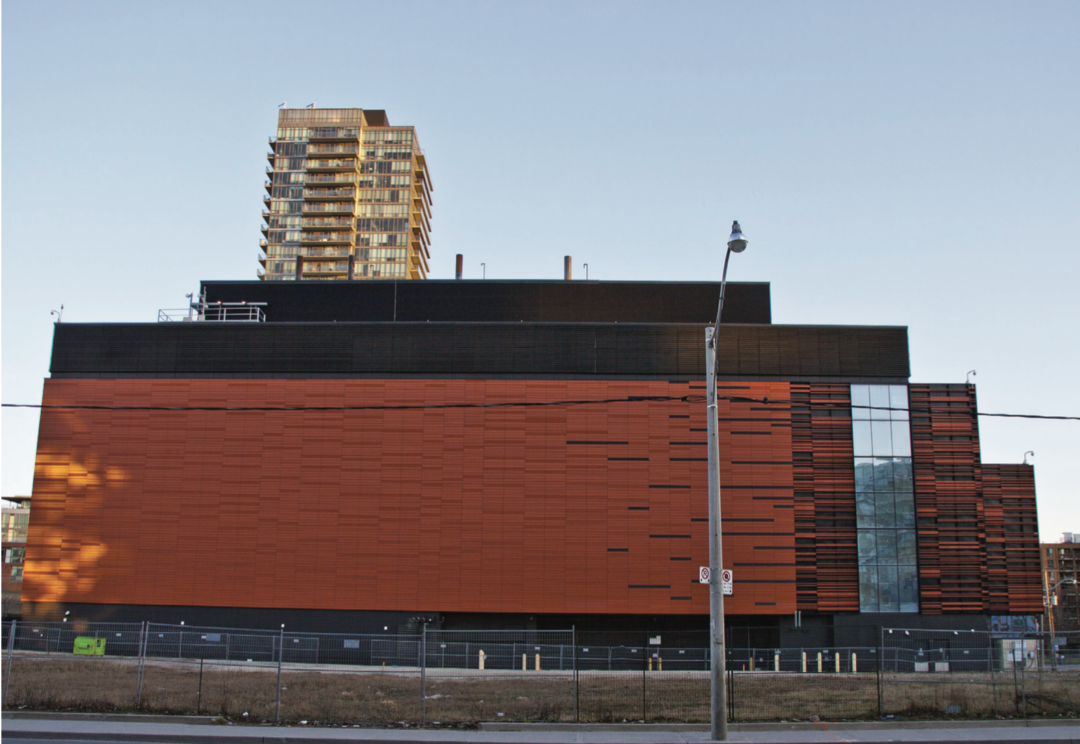By Andre Bermon

In a new series examining development in downtown Toronto, the bridge will profile construction projects and the developers behind the multi-billion dollar industry that’s changing the face of our city.
This is the first of a two-part story on Larco Investments Inc., a B.C. real estate giant and now developer of 1 Front Street West.
Purchasing a Toronto landmark for a quarter-billion dollars and adding two high-rise buildings with little public attention is exactly what the owners of Larco Investments Inc., Canada’s largest private real estate company, had in mind.
In Ottawa, a lengthy legal battle over Larco’s planned addition to the historic Chateau Laurier Hotel, which the company had purchased in 2013, had turned into a public relations debacle. It must have reminded Aminmohamed, Mansoor and Shiraz Lalji, who rule over the real estate empire, the merits of keeping a low profile.
Since immigrating to Canada in the 1970s, the Lalji brothers have amassed a multi-billion-dollar fortune, making them the 26th richest family in the country.
They did it with so little fanfare and notoriety that a Globe and Mail investigation in 2006 dubbed them, among other clandestine elites, “The Hermit Kings.”
In an industry intensely fueled by money interests, it’s no surprise that Toronto’s real estate boom has attracted controversial players. What is Larco Investments and what does its 2017 purchase of 1 Front Street West – the Dominion Public Building, the massive and grandiose Beau Arts former custom house beside Union Station – mean for Toronto?

Photo: Tania Correa
Unlike the city’s more conspicuous and moniker-heavy developers, like Brad J. Lamb, Larco operates in the shadows, behind a legion of subsidiaries and shell companies, stretching across Canada to the United States, the Caribbean, Britain and Europe. The family’s intensely private life adds little more information, as the brothers give no interviews and are rarely seen in photographs.
While its visible holdings include shopping malls, hotels and storage buildings, Larco has collected a portfolio of federal office buildings, with 1 Front Street West ranked as its biggest catch.
In 2007, the company negotiated a controversial 25-year sale-lease-back agreement with the Harper government’s public works minister, Michael Fortier, for seven office buildings at $1.4 billion. The arrangement was hailed as saving taxpayer funds by extricating the federal government from maintaining the aging structures while reducing the federal deficit by offloading valuable real estate in urban centres across Canada.
Critics who slammed the deal as a massive give-away of public assets were vindicated in 2014 when documents obtained by the CBC showed the deal had turned sour. According to the CBC report, years of legal threats over parking fees, millions of dollars in unexpected budget increases and squabbles over repairs, salaries and operating costs had undermined the public-private partnership.
Neither Larco nor Canada’s Public Works department agreed to be interviewed by the CBC. A Larco representative claimed the company was contractually bound “not to disclose the substance of its relationship with the government.”
If Larco’s affiliation with Canada’s highest government body didn’t warrant closer public scrutiny, revelation of the company’s offshore holdings, exposed in 2016 in the Panama Papers, made the case.
Three of the federal office buildings purchased in the 2007 sale-lease-back agreement housed Canada Revenue Agency workers. In an ironic twist good enough for Hollywood, the landlord of the government’s tax collection agency had routed hundreds of millions of dollars into tax havens through the British Virgin Islands into a private foundation registered in Liechtenstein, according to a report by Unite Here Canada, a hospitality union representing employees of Lalji family companies.
Marco Chown Oved, the Toronto Star’s foreign affairs reporter and member of the International Consortium of Investigative Journalists that exposed the Panama Papers, corroborated Unite Here’s findings in a piece published on December 14, 2016. Oved detailed Larco’s elaborate tax avoidance scheme involving a Panamanian law firm, a Nevada casino holding, and a parent company listed in the British Virgin Islands.
But the exposé of the Lalji family’s back-channel dealings did not deter the federal government, by now under Justin Trudeau’s Liberals, from selling the Dominion Public Building a mere three months later for $275.1 million to Larco Investments Inc. To add to the irony: the 1,500 employees housed in the federal office building contained CRA workers.
(Until now, it is not known if federal authorities have investigated the Lalji family or any of its subsidiaries for tax evasion.)
1 Front Street West, Canada’s most extravagant public works project of the early 20th century, will soon undergo its most significant transformation. The change will mark not only the future of heritage conservation in the financial district, but how our city leverages the legacy of the past to fulfil the needs of the future.
In Part 2, the bridge will dig into why 1 Front Street West was sold and trace the development proposal’s evolution since July 2018.




